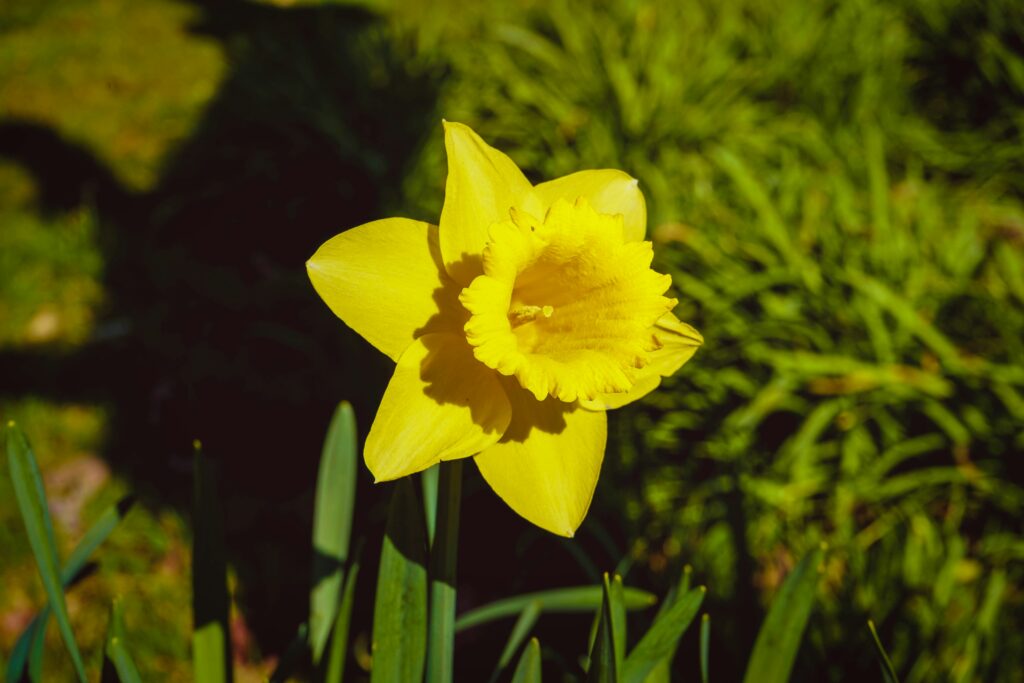Dr Richard Marsden reflects on the growing numbers of OU students choosing to research Welsh history
In 2001 Keith Robbins, the Vice-Chancellor of the University of Wales Lampeter, commented that Welsh history was still often seen as ‘little more than a perpetual footnote in accounts of the history of the English state’. However, the existence of new research into Wales’ past by Open University students from across the UK suggests that the attitudes Robbins was bewailing are changing.
Eighteen Welsh history dissertations written by undergraduates at The Open University have recently been made freely available online. These represent the best of more than sixty-five pieces of research submitted in summer 2017. More will be published online each year on the Open Research Online platform, as successive groups of students complete their studies.
These new researches touch on a whole array of topics, from the Middle Ages to the present day. For example, Natalie Owsley points out that the choices and actions of Welsh noblewomen during the twelfth century were not quite as constrained as contemporary records might suggest. Meanwhile, Brian Perkins reminds us that Owain Glyndwr’s revolt at the start of the fifteenth century was not only down to the actions of one charismatic leader, but was fuelled by deep-seated grievances about English ill-treatment across the lower orders of society.
For the early modern period, Jamie Barton uses a seventeenth-century book of cures to demonstrate how medical knowledge in Wales at the time was a complex mish-mash of different and sometimes antithetical approaches to disease. Also, Ruth Lewis highlights the ways in which Parliamentarian propaganda satirised and demeaned the predominantly royalist Welsh during the English Civil Wars of the 1640s.
The eighteenth and nineteenth centuries are even more well-served by the dissertations on offer. Kelly Bridle looks at the development of Welsh seaside resorts, Sarah Bassett examines how the Llanelli gentry used Georgian architecture imported from England to cement their social status, and Sian Evans investigates the differences between mining communities in Carmarthen and Glamorgan. Meanwhile Rebecca Watterson considers the growth of county asylums in nineteenth-century Wales, Andrew Watkins examines the impact of total war on Barry between 1939 and 1945, and Ellie MacDonald uses female mortality rates to show that it was not only Welsh men who suffered in the late nineteenth century as a result of industrialisation and capitalist exploitation.
Eighteen recent Open University Welsh history dissertations are freely available online here.
Much of this research constitutes a genuinely original contribution to our understanding of Welsh history. Indeed many of these dissertations tread relatively new historiographical ground. On one hand this serves as an uplifting demonstration that historical knowledge need not be solely the purview of professional historians and academic elites. But on the other, the fact that there are so many new avenues of research for undergraduates to explore highlights the extent to which the scholarly study of Wales’ past is still in its relative infancy. In that sense, they are a powerful reminder of Robbins’ underlying point about the relative under-development of Welsh history-writing compared to the attention that the English past receives.
That said, about two-thirds of these dissertations were written by English students. Indeed, only about 25% of the 65 students who submitted their dissertations on Welsh history this summer come from Wales. Most of the rest hail from towns and cities all over England. And of the 100 or so Open University students who have signed up to write Welsh history dissertations for the coming academic year, less than 15% live in Wales.
This suggests that, across the border in England, things have changed since Robbins’ comment back almost two decades ago. Certainly English students at the Open University see Welsh history not as a footnote in the story of England’s past, but as a subject worthy of study in its own right.
Photo by Patrick Tomasso on Unsplash
All articles published on Click on Wales are subject to IWA’s disclaimer.





Comments are closed.